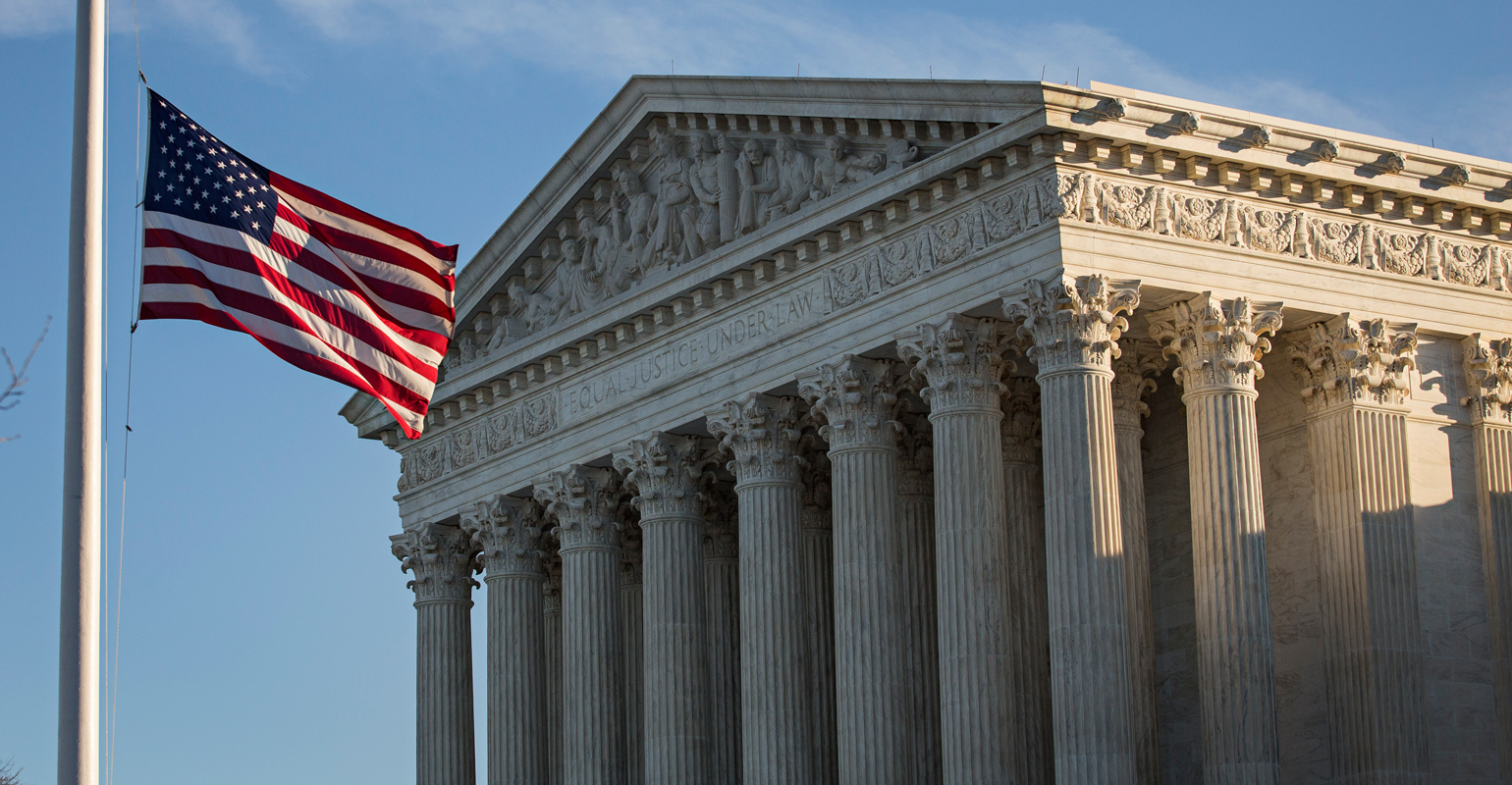(Bloomberg) — The U.S. Supreme Court upheld a 2017 tax on the foreign profits of U.S.-owned businesses, rejecting an appeal that could have saved companies hundreds of billions of dollars.
VOTING 7-2, the justices said Congress has the constitutional power to tax people and companies on their share of retained earnings of corporations, at least when it comes to so-called pass-through businesses. Writing for the court, Judge Brett Kavanaugh said the tax at issue was not fundamentally different from other taxes imposed by Congress over the years.
The case was being watched closely because of its potential implications for Democratic proposals to impose a wealth tax. Kavanaugh said the court did not need to rule on that or other hypothetical taxes, calling the decision a “close” one.
“Those are potential issues for another day, and we do not address or resolve any of those issues here,” Kavanaugh wrote of the five justices in the majority. “Congress has long taxed an entity's shareholders on the entity's retained earnings and did the same” with the 2017 tax.
The provision, known as the mandatory repatriation tax, was created to offset other parts of a Republican-backed tax cut passed during Donald Trump's presidency. The government has estimated that the tax would bring in $340 billion over 10 years, most of it from multinationals like Apple Inc. and Pfizer Inc.
A decision to reduce the tax may have required the Internal Revenue Service to refund the amounts companies have already paid. It also could have changed other parts of the federal tax code, including rules governing partnerships and bonds, and have spinoff effects on states.
The case marked a rare test of the 16th Amendment to the Constitution, ratified in 1913 to allow Congress to impose an income tax. This amendment authorizes Congress “to lay and collect taxes on incomes, from whatever source they may arise” without having to apportion the bill among the states according to their population, as is required for other types of taxes.
Two Washington state residents, Charles and Kathleen Moore, claimed the 2017 provision improperly taxed corporate income that was never distributed to them. The Moores were fighting a $14,729 tax bill stemming from a minority stake in an Indian company.
Formerly the left-leaning Institute on Taxation and Economic Policy evaluated that a decision to scrap the tax would mean $271 billion in tax relief for almost 400 multinational corporations.
Conservative division
Justices Clarence Thomas and Neil Gorsuch dissented, saying the 16th Amendment does not authorize taxation unless income is realized. “Realization is what distinguishes income from property,” Thomas wrote of the couple.
Two other conservative justices, Amy Coney Barrett and Samuel Alito, were in the majority but did not join Kavanaugh's reasoning. Writing for the pair, Barrett wrote that a tax on the shareholders of a domestic or widespread corporation “would present a different case.”
Kavanaugh hinted that he did not share that view. “We disagree that court precedents draw such a line,” he wrote in a footnote, referring to Barrett's comment. “Not even our opinion today draws such a line.”
Alito had faced calls to recuse himself in the case. One of the lawyers who opposed the tax co-wrote two Wall Street Journal articles that put Alito on favorable terms. The articles included comments from the justice about the leak of the court's 2022 abortion opinion and calls for stronger ethics rules.
Chief Justice John Roberts and Justices Sonia Sotomayor, Elena Kagan and Ketanji Brown Jackson joined Kavanaugh's opinion.
“Americans can breathe a sigh of relief that the Supreme Court in Moore chose not to challenge the Constitution in setting tax policy by 'judicially saying so,' as Franklin D. Roosevelt once put it,” said Niko Lusiani, program director. of corporate power at the progressive Roosevelt Institute.
Democratic calls for taxing assets in addition to income have grown since Sen. Elizabeth Warren ran for the White House on the issue in 2020, with President Joe Biden's 2024 budget calling for a “minimum billionaire tax” to ease the federal deficit.
“Those who were hoping for a green light on an estate tax, and those like me who wanted the court to close that door, will both be disappointed with this decision,” said Ilya Shapiro, senior fellow for constitutional studies at the conservative Institute. of Manhattan. “But ultimately that doesn't mean much to anyone who isn't affected by a somewhat obscure tax on foreign earnings.”
The case is Moore v. United States, 22-800.

